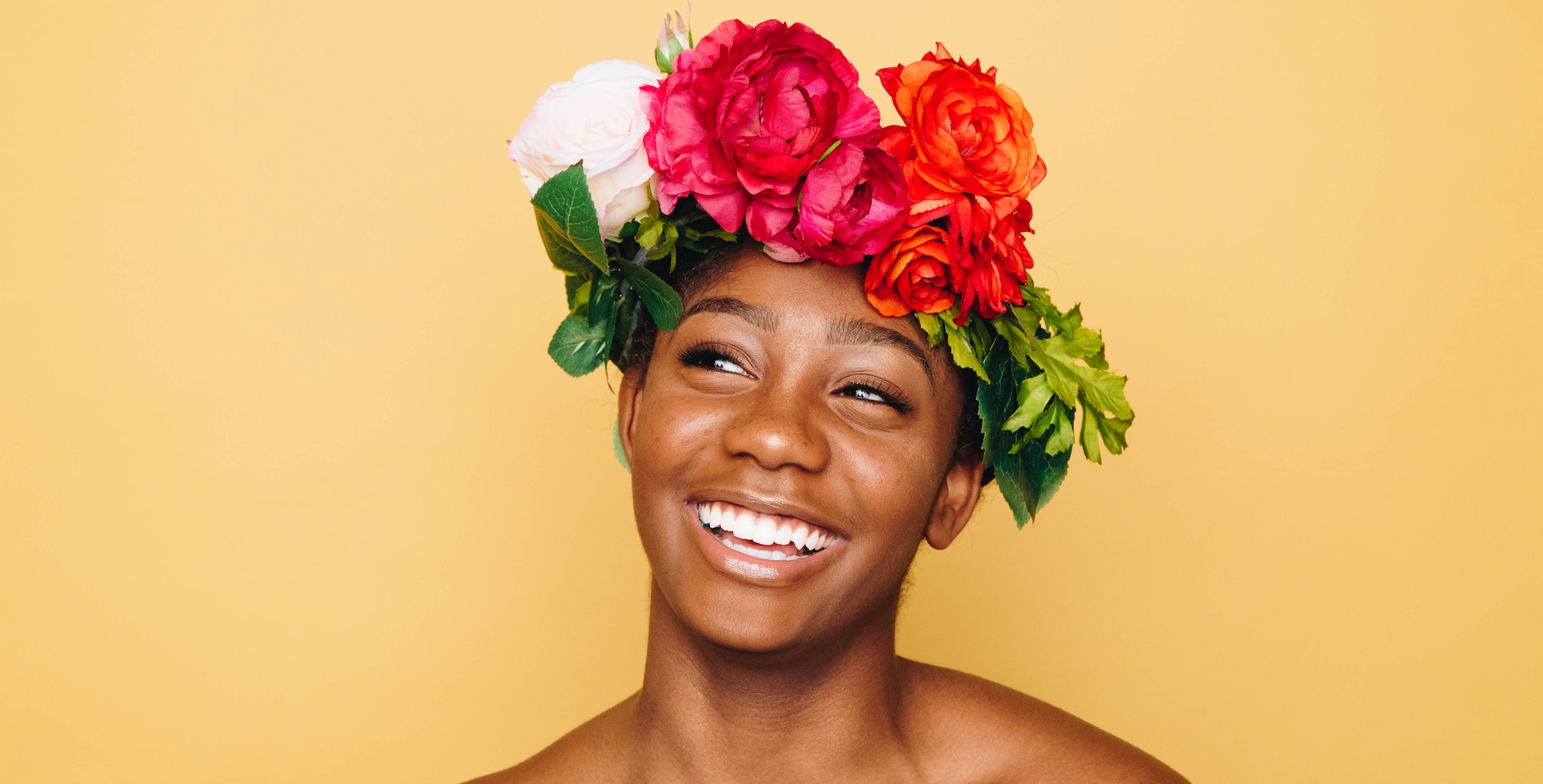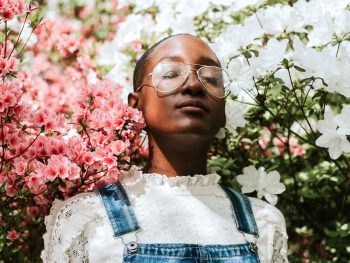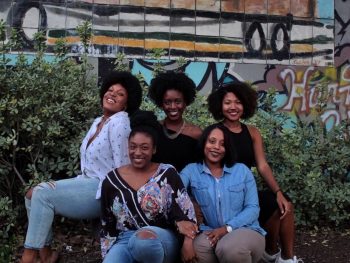What’s Love Got to Do with It?
How well-acquainted are you with loving yourself?
For some, it can be a touchy subject. It’s considered taboo to talk about how much you love yourself. Many of us were taught growing up that if you proclaimed too much love for yourself, you were in danger of being labeled as conceited. So, we mostly shy away from the topic.
But today I’m breaking the rules and tossing out self-important labels so we can have a heart-to-heart chat about how much we’re loving ourselves.
As women, I don’t think we love ourselves enough, much less talk openly about it. Instead, we spend more time being displeased with ourselves.
Our thighs and stretch marks? Can’t stand them.
Not outgoing enough? It’s a personality flaw.
Imperfect skin? We look disgusting.
Yell at our kids? We’re bad moms.
Make a mistake at work? We’re losers.
We zero in on those things we’re dissatisfied about and use it as ammunition against ourselves. So, how do we love ourselves and not get distracted by our flaws, mistakes, and imperfections?

What Does Unconditional Love Look Like?
One of my favorite quotes about self-love is by the fierce and gutsy author and anthropologist Zora Neale Hurston who said, “I love myself when I am laughing…and then again when I am looking mean and impressive.”
Hurston profoundly claimed that she loves herself when she feels joy and even when she’s feeling unsettled and out of place. So, what would it mean if you loved yourself when you’re flourishing and also when you’re struggling? When you’re at peace and even when you’re suffering from depression? Or when you’ve conquered all the housework and again when the house is a complete wreck?
It’s easier to love ourselves on our good days when we’re on top of our game. But it’s the bad days when practicing self-love can be an uphill battle. It can be a pretty radical approach to love yourself when you’re coming undone, especially when it’s routine to deny yourself of love when you’re at your worst.
What About My Flaws?
Cultivating self-love begins with setting the intention to love. If we want something to grow, we plant and nurture it, right? Yes, self-love requires practice and patience but without intention, we won’t bear any fruit. So, start off by digging your hole and planting your seeds.
Remember those imperfections that we’re so critical about? Our bodies, our parenting decisions, our postpartum depression, and our personality traits. Our judgments about our imperfections serve as roadblocks. And they block out the light and cut us off from reveling in the lush blooms of unconditional love.
Embracing and making peace with our imperfections takes courage because it means we have to face them. And it can be painfully frightening to shine a spotlight on the very imperfections that we’ve worked so hard to keep out of view.
So you see, the unconditional love that Hurston spoke of requires us to become intimate with what’s getting in the way of offering ourselves love. I’ll be the first to admit that it’s scary to come face-to-face with our many faults and flaws, but we can still love ourselves in spite of them.
Loving yourself doesn’t have to be that taboo topic I mentioned earlier. Know that you can become acquainted with your beloved self with intention, practice and LOTS of courage. May you love on!
If you’re struggling with the practice of loving yourself, you don’t have to figure it out alone. Contact me for a private consultation.

 Hi, I’m Sarah! I work with pregnant and postpartum mothers helping them to re-establish a sense of identity as a new mom and find emotional balance. I’m also passionate about working with mothers of young children by guiding them on the path to wellness and living a meaningful life.
Hi, I’m Sarah! I work with pregnant and postpartum mothers helping them to re-establish a sense of identity as a new mom and find emotional balance. I’m also passionate about working with mothers of young children by guiding them on the path to wellness and living a meaningful life.


 When Life Hits Below the Belt
When Life Hits Below the Belt